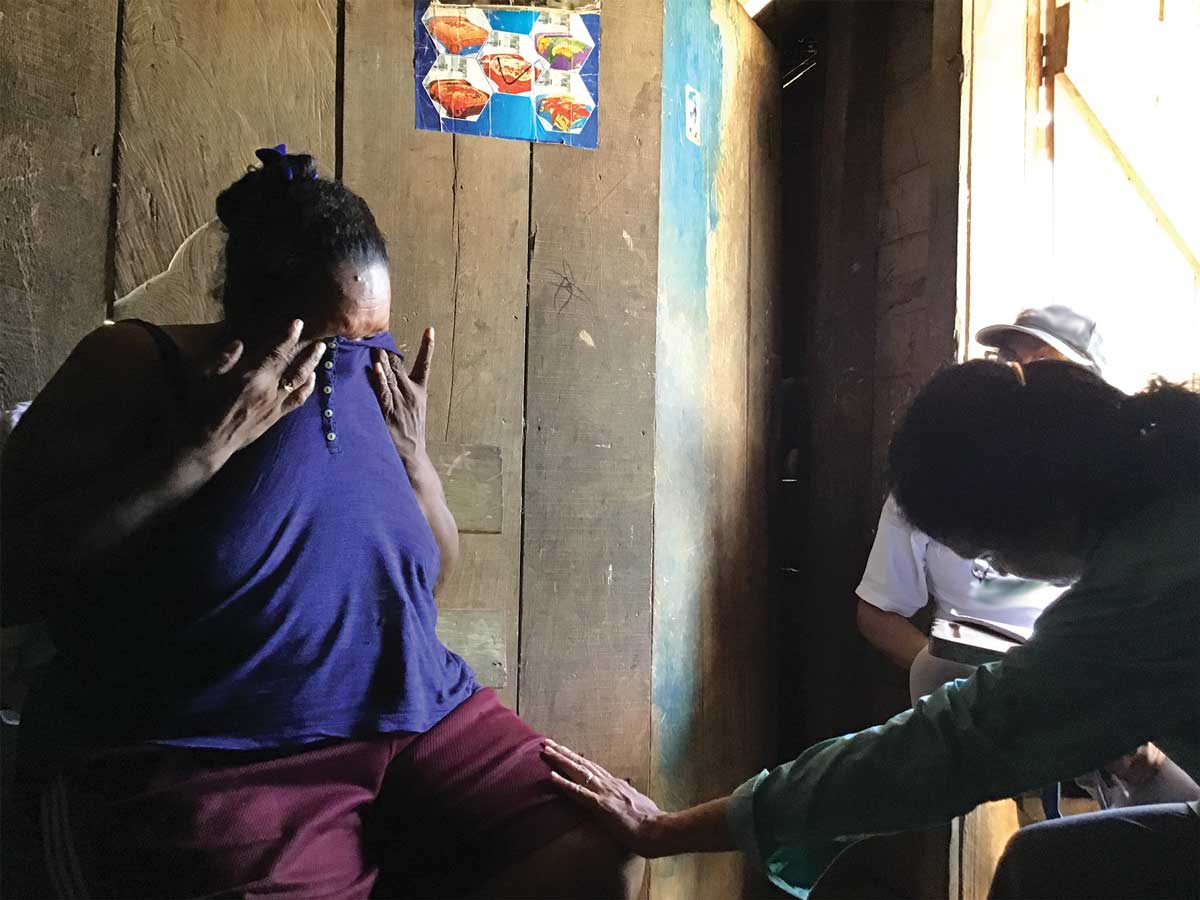
New Investigation Exposes the Role of Foreign Mining Corporations and Forestry Companies as Invasions of Indigenous Land Intensify in Nicaragua
The Oakland Institute
- The government of Nicaragua has made millions of hectares available for mining, logging, and cattle ranching — attracting transnational corporations and driving thousands of colonos to autonomous regions at the expense of Indigenous lives and livelihoods.
- A handful of transnational corporations have taken control over the country’s vast mining concessions — key among them being Canada’s B2Gold and Calibre Mining and the UK’s Condor Gold.
- Several mining interests are behind MLR Forestal, a forestry company closely linked to a slew of violations of Indigenous and Afro-descendant rights and other alleged social and environmental harms.
- Despite receiving sustainability certifications and financing from European development institutions like Finnfund and FMO, MLR Forestal is entangled with the exact companies and individuals who have been involved in disastrous mining projects over the past 25 years.

Miskitu villager shares her testimony of violence at the hands of colonos.
(October 29, 2020) — Following up on its May 2020 report Nicaragua’s Failed Revolution that documented the incessant violence facing the Indigenous and Afro-descendant communities in the North Caribbean Coast Autonomous Region (RACCN), the Oakland Institute releases today a new investigation documenting the role of foreign mining interests in enabling this violence.
The new investigation profiles several of the key mining companies involved in the country including the Canada-based Calibre Mining Corporation and B2Gold Corporation, as well as the UK-based Condor Gold, and highlights the serious concerns surrounding the operations of these companies. These include the lack of transparency and numerous issues around the way the companies have acquired land from the Nicaraguan government, and the lack of consent of local Indigenous and Afro-descendant communities.
These transnational corporations have employed corrupt practices to secure large concessions for gold mining with devastating impacts on the communities and their environment. The mining operations are also responsible for widespread repression of protests against the expansion of mines, leading to police violence and many arrests in recent years.
“Mining in Nicaragua is one of the key drivers of community displacement, land invasions, and forced land sales,” said Anuradha Mittal, Executive Director of the Oakland Institute, who led the research on these companies. “Offering the country on a silver plate to these firms, the so-called Socialist Nicaraguan government seems to have turned a blind eye to the impact of gold mining on local communities and the environment, while allowing foreign corporations to take away billions of dollars of profits from the mines,” she continued.
The investigation also reveals that three mining executives — American J. Randall Martin, Thomas W. Lough of Canada and Sergio Ríos Molina of Nicaragua — are behind MLR Forestal, a forestry company that is closely linked to a slew of violations of Indigenous and Afro-descendant rights and other alleged social and environmental harms.
The three have obtained some 200,000 hectares of land for mining concessions in the heart of titled Indigenous territories. This allegedly has been done without proper consultation of the Indigenous peoples who own these territories under Nicaraguan law, let alone their consent.

Despite receiving sustainability certifications from the Forest Stewardship Council (FSC) and UTZ for its teak and cacao products and US$10 million from both development finance institutions, FMO and Finnfund, MLR Forestal has emerged from — and remains entangled with — the exact companies and individuals who have been involved in disastrous mining projects in Nicaragua over the past 25 years.
“By financing and certifying MLR Forestal’s work, FMO, Finnfund, the FSC, and UTZ send a signal that they are willing to ignore evidence of harms committed by business owners in other enterprises so long as the financed or certified business itself meets their standards. Doing so makes the funds and certifiers complicit in the greenwashing of any harms associated with the recipient company’s owners,” said Mittal.
The Oakland Institute’s latest research is being released as Nicaragua established prison sentences on October 27, 2020 for those who use online platforms to spread alleged “false information,” that would put “at risk economic stability, public health, national sovereignty or law and order.”
“This is a reprisal that follows PBS coverage of the Institute’s work documenting cattle ranching as a driving force behind violence against the Indigenous in the Caribbean Coast Autonomous Region,” said Mittal. “It makes it more critical than ever to hold accountable all those involved in damaging mining activities, including mining companies, investors as well as financial institutions such as FMO and FINFUND. Our new investigation lists important recommendations for both state and non-state actors to respect and enforce Indigenous land rights in Nicaragua.”
Read the Reports
• Is Nicaragua for Sale? Foreign Mining Companies Are Eager to Buy
• One Degree Removed — MLR Forestal’s Ties to Indigenous and Afro-descendant Rights Violations
PBS NewsHour recently showcased our work in its segment, The Cost of Beef, exposing how Nicaragua’s increased beef exports to the US are enabled through violence and land invasions faced by Indigenous communities.
Posted in accordance with Title 17, Section 107, US Code, for noncommercial, educational purposes.